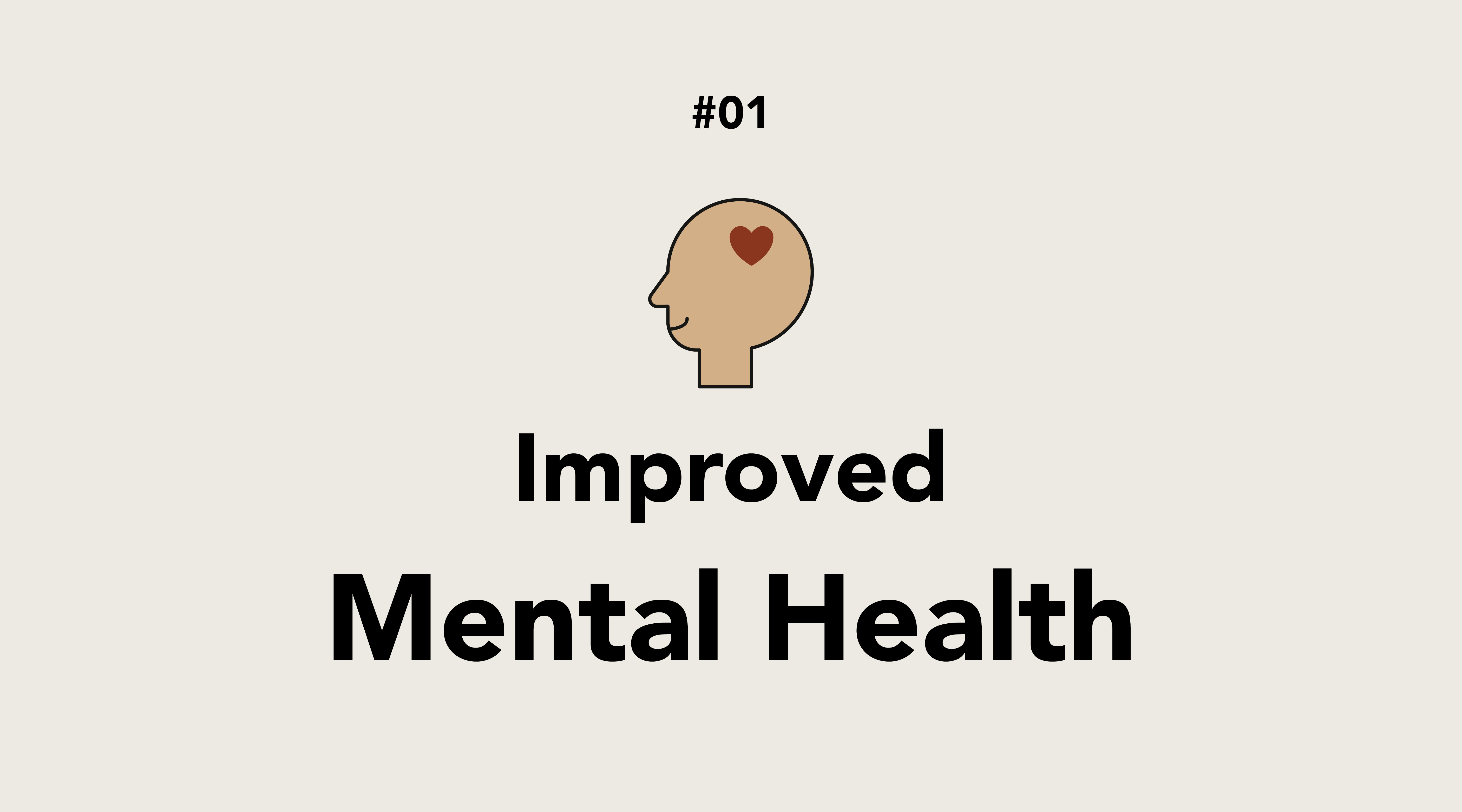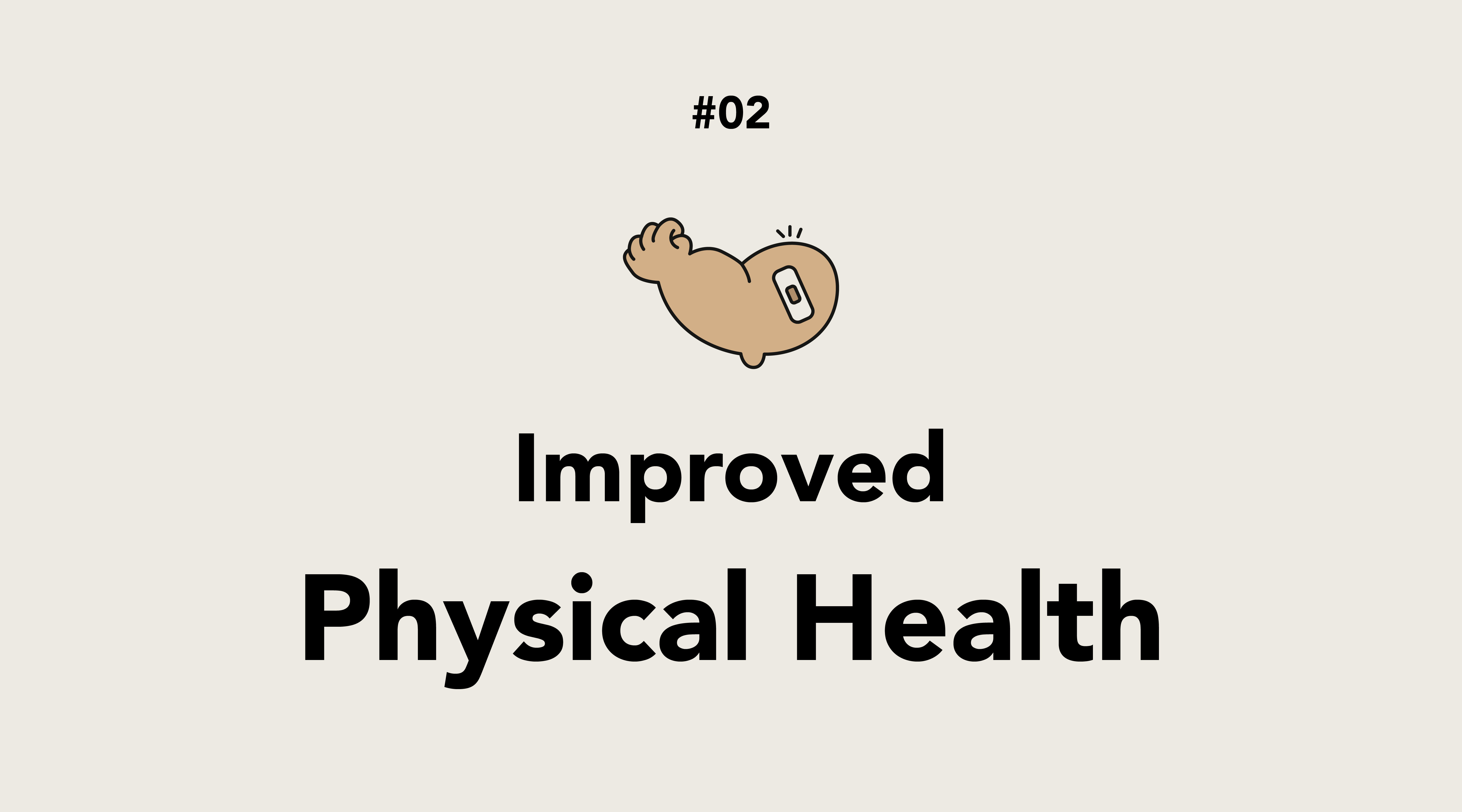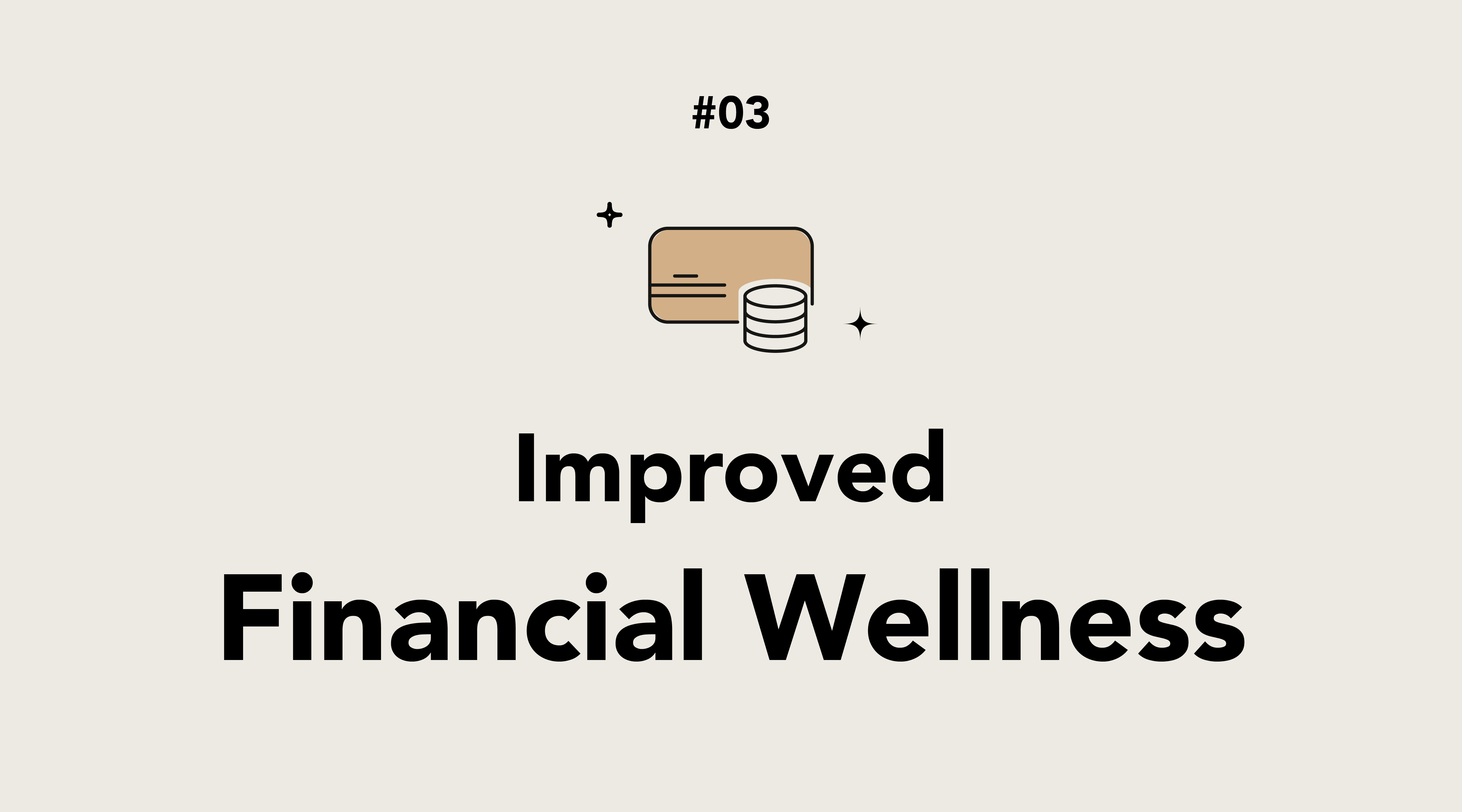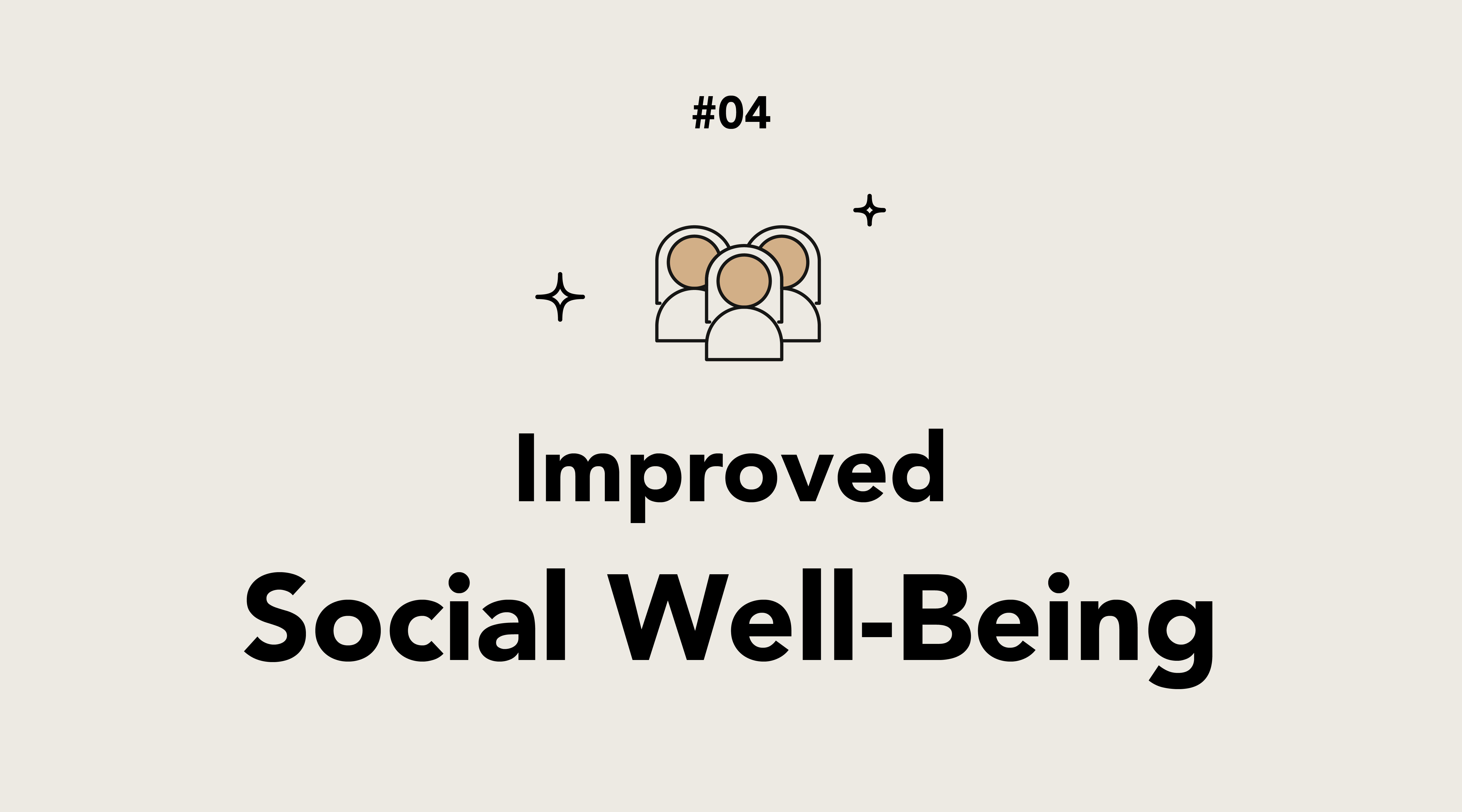The Effect Sustainable Living Has on Well-being

We all know that sustainable living is good for the environment and planet.
But what if engaging in sustainable behaviors can also positively affect us and our well-being? In this article, we explore the strong correlation between our personal wellness, behavioral health, and the sustainable choices we make.
The Link Between Sustainability & Well-Being
Sustainable living is the effort to minimize an individual's damaging environmental impact by making conscious and positive changes. Ultimately, it means making smarter choices today that will positively impact the world tomorrow.
At the core of sustainable development are three elements: profit, people, and the planet, otherwise known as economic, social, and environmental principles. Sustainability efforts are increasing rapidly, especially so in the corporate world.
In fact, in 2011, only 20% of S&P companies published sustainability and ESG (environmental, societal, and governance) reports. In 2019, this figure jumped to a staggering 90%, indicating that more time, effort, and money are spent on sustainability than ever before.
Sustainability and wellness are powerful quality-of-life factors that only recently appeared in our lives. Although they individually serve different missions, research has shown they are interdependent and can create a stronger value when combined.
Below are some ways sustainable living connects with our well-being.

A wealth of research supports the idea that sustainable living and wellness are linked. The 2020 World Happiness Report found a strong correlation between achieving Sustainable Development Goals (SDGs) and improved quality of life. Simply put, countries with a higher SDG Index score have better wellness and mental health.
Additionally, the UN Environment Programme draws attention to the relationship between air pollution and mental illness. There is evidence of a link between certain air pollutants and mental conditions such as dementia, depression, and anxiety. Therefore, it is clear that the health and well-being of a person are inseparable from the health of their surrounding environment.

Many of us can introduce one sustainable practice into our lives by using alternative transportation methods such as cycling, walking, or jogging. By choosing to cycle to work instead of traveling by car, you improve your cardiovascular health, increase your fitness levels and relieve stress. In addition to having a positive impact on your physical health, you will be lowering the amount of pollution that goes into the atmosphere and reducing your carbon footprint.
Another sustainable practice that increases your well-being is to be more mindful of your eating habits. Growing your own food, eating plant-based foods, and buying locally grown and seasonal produce all positively affect your physical health and your carbon footprint.

One of the most significant stressors in our lives is money and finances.
Many consumers refuse to embrace the practice of sustainable living as it is often associated with higher costs. Contrary to popular belief, being eco-friendly doesn't always come with a hefty price tag. In fact, it can lead to more significant savings in the long term.
For example, you can look for energy-efficient technologies to reduce your electrical and fuel consumption, such as solar energy systems, LED light technology, and geothermal heat pumps.
Another small change you can make is buying and supporting more sustainable clothing brands. For example, shopping online from fast fashion brands is harmful to the planet, exploits workers, and increases your carbon footprint. Supporting sustainable fashion brands or going thrift shopping are great alternatives.

Pursuing a sustainable lifestyle requires considerable social and collective effort. However, through attending sustainability events, volunteering, and building a social network in your local community, you may find a sense of purpose and belonging. Additionally, this proactive approach to taking care of your environment is beneficial to your wellness.
Studies found many indicators that engaging in sustainability results in happiness, personal well-being, and intrinsic motivation. The positive consequences of being pro-ecological include a state of psychological restoration. In other words, if you are experiencing burnout, frustration, or stress, being part of a community and having a good support system is crucial to your social wellness.
Conclusion
Everyone benefits from sustainable living: our society, immediate environment, and well-being. While our individual efforts may not seem like they have an impact, if we all make a small change, the wide-scale outcome will be remarkable.
________________________________________________________________________________________________________________________
Guest article
This is a guest article written by an external party from Shortlister. The writer agrees to share written work for 1 People, and in exchange 1 People contributes an article to their site. View the writer's profile below.











